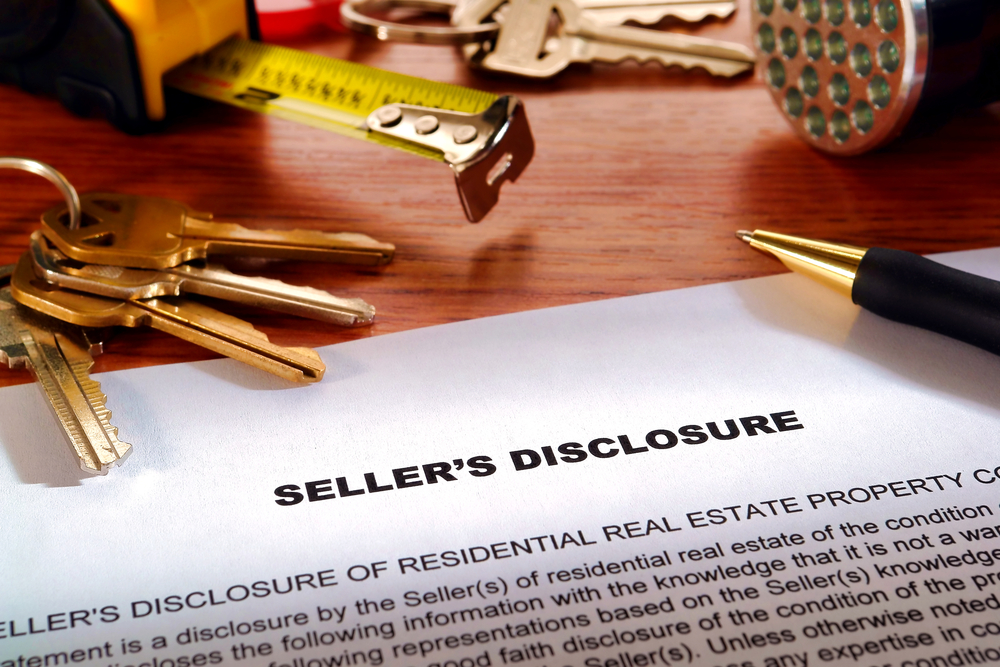Disclosure Obligations in a Maryland Home Sale
If you’re attempting to sell a home or condo in Maryland, you want your home to appear perfect and move-in ready to potential buyers, so that you can get the sale price you feel that you deserve. Defects in your home, even if they’re small and inconsequential, could scare off skittish buyers, so disclosing every little issue in your home could unnecessarily impair your chances of making a sale. That said, Maryland property sellers have to make certain mandatory disclosures under the law as to any major defects in the property they wish to sell, and could face legal action if they fail to disclose a defect that a buyer later discovers. Learn more below about the process of making disclosures in home sales under Maryland law.
In Maryland, home sellers have the option of either disclosing known defects in the home or providing a buyer with a disclaimer regarding the condition of the house. However, sellers cannot do both. Whether or not you choose to provide a disclaimer regarding the home’s condition or a full disclosure of the home’s defects may depend on the real estate market in your neighborhood. If buyers have become accustomed to receiving a full disclosure of known defects from the other homes they’ve viewed in your area, they may not be satisfied to receive only a disclaimer regarding your home. The specific defects in your home may also influence your choice toward one disclosure method or the other. Home sellers are required to complete the Maryland Residential Property Disclosure and Disclaimer Statement to be provided to any potential buyer, with sellers completing either the disclosure or disclaimer portion of the form, depending on what they choose.
The disclaimer statement provides that the seller is selling the home “as-is,” and provides no warranty that the home is in good condition. This means that buyers cannot take legal action against a seller should, for example, a major pipe burst in the home shortly after the sale. That said, sellers remain obligated to disclose any “latent defects” in the home—defects which a potential buyer would not be able to uncover through a visual inspection—of which the seller has actual knowledge. In other words, if a seller had a problem with their HVAC system and was recently told by a repair contractor that the system would soon need to be replaced, they could be held liable for failing to disclose that fact in a disclaimer.
The disclosure form asks the seller to state whether there are or are not any major defects in various parts of the home, such as the foundation, roof, plumbing, electrical system, or structural systems. Sellers will have an opportunity to explain what sort of defect is present. The form will also ask questions about any zoning or renovation limits on the home, and whether the seller has had to contend with wood-destroying insects or the presence of hazardous materials. A knowledgeable Maryland real estate attorney can walk you through the completion of a disclosure or disclaimer form.
If you are in need of legal help with a real property issue, sale contract, or landlord/tenant issue in Maryland, contact the knowledgeable and experienced Annapolis real estate attorney Matthew S. Evans for a consultation, at 410-626-6009.





